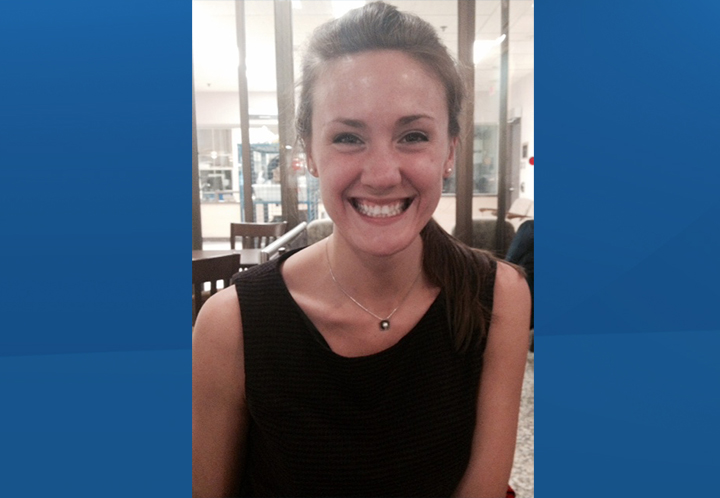Score one for Canada – the Children’s Hospital of Eastern Ontario has settled a lingering legal dispute with the U.S. owner of five gene patents related to a potentially deadly heart rhythm disorder that runs in families.

The company, Transgenomic, has agreed to provide the hospital and all other Canadian public sector labs and hospitals the right to test Canadians for the condition — known as long QT syndrome — on a not-for-profit basis.
Previously, doctors could not conduct testing at a Canadian lab and samples had to be sent to private labs in the Unites States, according to CHEO. In terms of costs, the hospital stated it is about 50 per cent cheaper to perform these tests in the Canadian public sector.
“Today is a great day for DNA,” said Alex Munter, CHEO’s President and CEO.
Micayla Ahearn, a 27-year-old patient with the condition, said the agreement means patients will be able to access the best care possible — a course of treatment that could save lives.
READ MORE: Ontario children’s hospital settles legal dispute over gene patents
Ahearn was diagnosed at 19 after suffering a cardiac event. She had been a competitive skater, and symptom-free, she had no idea she had long QT syndrome. The disorder is genetic so after her diagnosis, her family needed to be tested but it wasn’t available in Canada.
“I thought it was ridiculous and incredibly frustrating,” Ahearn told Global News.
Now finishing medical school, she understands the implications of this agreement as a patient and practitioner.

Get weekly health news
“I understand that fear. I also understand more from the medical perspective how frustrating it is as a clinician to know that the information that you need to make that diagnosis and potentially save lives exists, but because of someone’s patent you can’t use it,” Ahearn told Global News.
The agreement resolves the immediate issue with testing for the disorder and provides a way to address gene patents more broadly, hospital administrators told a news conference Wednesday.
READ MORE: Can a U.S. company own your genes? Patenting DNA is at the centre of US law controversy
Alex Munter, CHEO’s president and chief executive, called the deal a tremendous win.
“We’ve been able to knock down the barrier that patents present to health care delivery and to clinical research,” Munter said.
- Tumbler Ridge B.C. mass shooting: What we know about the victims
- There are changes coming to Tim Hortons menus and stores soon
- RCMP respond to reports of guns at schools in several Alberta communities
- ‘We now have to figure out how to live life without her’: Mother of Tumbler Ridge shooting victim speaks
“In the interests of being able to put these tests and these tools in the hands of our clinicians, and clinicians throughout the country, we felt that this was an agreement that really moves the yard sticks forward in very dramatic ways.”
In November 2014, lawyers for CHEO filed a challenge in Federal Court in Ottawa, arguing genes and other segments of the human genome should not be subject to patents for commercial or any other purposes.
In doing so, the hospital never imagined a settlement would be possible, Munter said.
“We were contemplating a court ruling to invalidate these five patents; instead we’ve created a mechanism that will make all such patents irrelevant,” he said.
“That’s why today feels like such an amazing step forward for our clinicians and researchers. Rather than knocking patents off one by one, we’ve resolved the patent issue in one fell swoop and years sooner.”
Richard Gold, a professor in law and medicine at McGill University who advised the hospital on policy aspects of the case, called the arrangement an important first step.
It specifically states the hospital does not agree that patents on genes are valid, he noted.
“We are leaving that option for other people to contest in the future,” Gold said.
“At a fundamental level that issue is still there … CHEO had to make a decision. Is it more important to deliver a benefit today that will help clinicians save lives today?”
The hospital made the right choice, Gold noted.
“CHEO made the decision, I think the right decision, to get that gain today and leave for another day and another party, to litigate the bigger issue.”
Toronto-based lawyer Nathaniel Lipkus, who represented the hospital on a pro-bono basis, said the agreement will act as a model for public access to future gene patents.
“This is a tough issue, one that the hospital could have taken a pass on,” he said. “The hospital showed tremendous courage and leadership.”
-With files from CP









Comments
Want to discuss? Please read our Commenting Policy first.